How does alcohol affect the eyes?
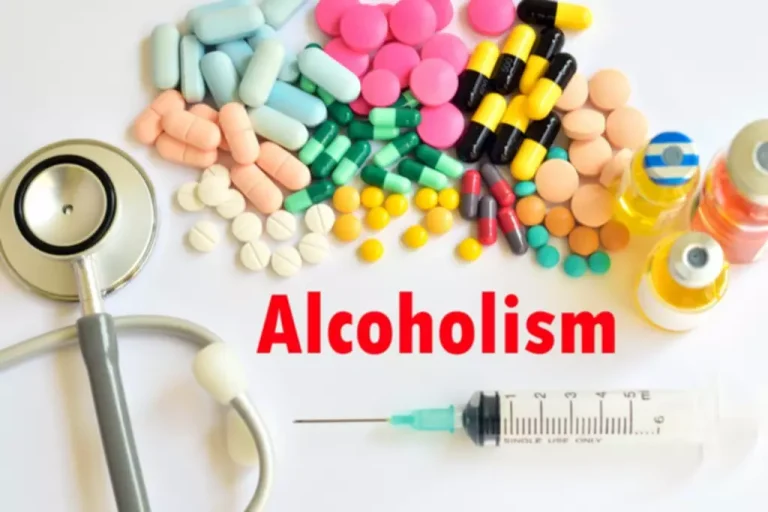
You may find that objects appear hazy or that your depth perception is compromised, making it difficult to judge distances accurately. This impairment can be particularly dangerous when engaging in activities that require precise visual acuity, such as driving or operating machinery. In addition to blurred vision, alcohol can also cause other visual disturbances such as double vision or difficulty focusing. Comprehensive addiction treatment provides the medical oversight, emotional support, and therapeutic guidance needed to navigate the complexities of recovery safely.
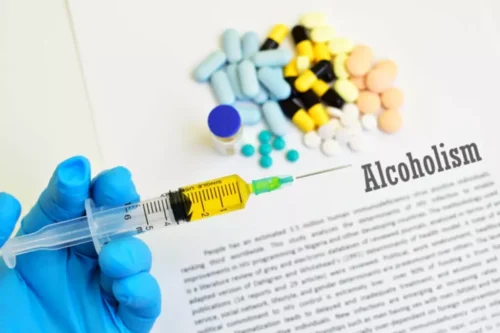
Long-Term Effects of Alcohol on Vision
- Therefore, the objective of this article is to provide an update on the link between alcohol intake and obesity.
- Though rare, deceitful alcohol makers can use methanol in place of alcohol as they physically appear similar.
- You may also be able to find alcohol addiction treatment near you by visiting the SAMHSA treatment locator.
- Alcohol consumption can lead to a range of eye-related issues, from temporary blurriness to long-term vision problems.
Swelling of the blood vessels in the eye or the look of red bloodshot eyes is a common feature of those who have been lifetime drinkers. Another problem that excessive drinking leads to is migraine headaches, as the eye becomes sensitive to light; the result is pain. A person may reduce their risk of developing vision issues due to alcohol by limiting their alcohol consumption. Even small changes can help reduce a person’s risk of developing issues with their eyes or other aspects of health. In addition, it may have a toxic effect, which can lead to the development of conditions that impair vision.
Baseline Characteristics of Subjects
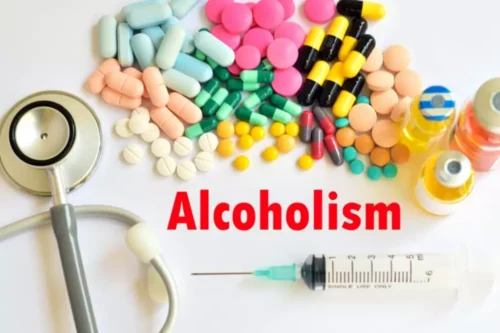
However, a clear cause-and-effect association between alcohol intake and weight gain is not apparent based on the mixed and conflicting available evidence on the topic. Given that both excessive alcohol intake and obesity are of public health concern, a better understanding of the association between alcohol consumption and excess body weight is warranted. The cornea’s health is vital for clear vision, and any impairment can significantly affect your quality of life.
Medical Detox and Personalized Therapy for Alcohol Addiction
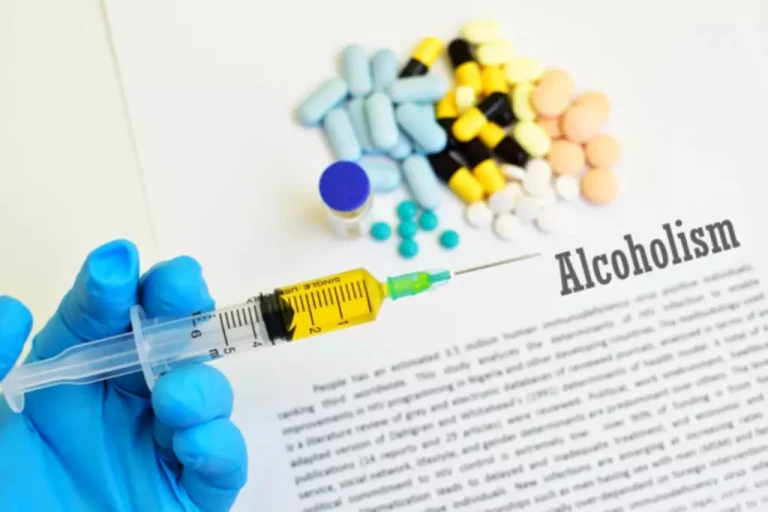
Furthermore, alcohol can lead to increased sensitivity to light, making bright environments uncomfortable and further complicating your ability to see clearly. As you navigate through social situations where alcohol is present, it is crucial to be aware of these short-term effects and how they can impact your safety and decision-making abilities. Excessive alcohol consumption can speed up the onset of macular degeneration, which deteriorates the central part of the retina.
How Alcohol Affects the Retina
Having dry skin around the eyes after drinking is also common as a result of dehydration. Some individuals may suffer altered perceptions of color and light after drinking alcohol. A drunk person might experience difficulties distinguishing between colors or experience halos around lights as a result of liquor consumption.
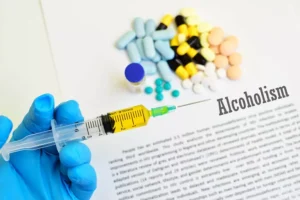
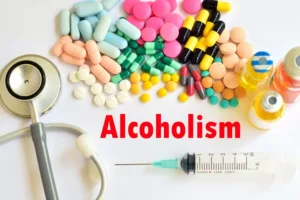
However, some alcohol-related vision damage may be irreversible, so it’s important to seek medical advice for individual cases. If you’re concerned about drinking and your eye health, consider speaking with a doctor about ways you may be able to limit your intake. Alcohol is a diuretic that contributes to dehydration, light sensitivity, increased urine production, and reduced tear production. The low moisture levels in the eyes lead to dryness, discomfort, irritation, burning, grittiness, and eye redness. Apart from weakening the eye muscles, alcohol also affects the transmission of signals between the eyes and the brain. Methanol reacts with normal biological eye processes, leading to permanent damage of vital nerves that send images to the brain.
- The potential long-term issues relate to changes to the eyes’ structures or the communication between the eyes and brain.
- While it’s unclear whether there’s a direct cause-and-effect relationship between drinking alcohol and AMD, research suggests that alcohol consumption may worsen this eye disease.
- Yes, long-term alcohol consumption can lead to permanent vision damage, including conditions such as alcoholic optic neuropathy, which can result in irreversible vision loss.
- Alcohol can make your eyes more sensitive to light, leading to discomfort in brightly lit environments or on sunny days.
Is AMD reversible?
When you drink excessively, you increase your risk of developing conditions such as high blood pressure and diabetes—both of which are known risk factors for retinal detachment. Overall, obesity is a multi-factorial condition and it is difficult to truly assess the independent influence of alcohol intake on obesity risk. The slow development of obesity and multi-faceted nature of this condition really complicates the possibility to show a cause-and-effect association between alcohol consumption and weight gain. Thus, we need to rely on short-term intervention studies and epidemiologic studies, each of which has clear limitations in showing an effect of alcohol intake on the vulnerability to gain weight. However, the preponderance of the evidence taken as a whole suggests blurry vision hangover that alcohol may be a risk factor for obesity in some individuals, especially when consumed in large quantities. Not taking into account some of these potential confounding factors can certainly lead to biased estimates of the relationship between alcohol intake and body weight given that large inter-individual variations exist.
You may find that your night vision deteriorates or that you experience difficulty distinguishing colors—subtle signs that could indicate underlying retinal damage. Additionally, prolonged exposure to alcohol can exacerbate existing eye conditions or contribute to the development of new ones. For instance, if you have a family history of retinal diseases or other risk factors such as diabetes or hypertension, alcohol can further increase your vulnerability. When alcohol enters your system, it can disrupt these functions in various ways. From altering blood flow to affecting the cellular integrity of retinal cells, the repercussions can be profound.
Necessity of Comprehensive Addiction Treatment
- Alcohol disrupts how the brain interprets visual cues, leading to blurred vision.
- Being mindful of alcohol consumption can reduce this sensitivity, helping you enjoy daylight activities without discomfort.
- Prolonged alcohol abuse can lead to a condition known as alcoholic optic neuropathy, which results in vision loss and difficulty with color perception.
- All of the available studies have examined moderate intake of alcohol, and the majority have reported results on beer and wine intake, but not other forms of alcohol 3•, 5.
They noted that self-reported nutrient intake and physical activity did not differ between conditions, although there may have been dietary compensation that was not accurately reported by their 3-day food logs 49. Similarly, Cordain et al. 50 found that 10 weeks of wine intake equal to 6-7% of total energy intake (135 mL, five times per week) did not result in any significant change in body weight or fat percentage in 20 sedentary, overweight women. Also, Beulens et al. 51 reported similar results in 34 male adults with large WC, consuming 450 mL of red wine per day for 4 weeks, compared to consuming alcohol-free wine for the same time period. Biceps skin fold was the only anthropometric measurement that was increased in their participants after the beer drinking condition 52. In this case both diets were isoenergetic so this is not a surprising result, as the thermic effect of food was likely higher for white wine than grape juice 53, 54. Finally, more recently, Cresci et al. 55 found that self-reported alcohol intake was not a significant predictor of success or failure in losing 5% of body weight during a 6-month weight loss intervention.
Is there a Link Between Drinking Alcohol and Macular Degeneration?
Consulting with an eye care specialist can provide valuable insights into any damage that may have occurred and guide you toward appropriate treatment options. They may recommend specific tests or imaging studies to assess the condition of your retina and determine if any interventions are necessary. You may have had the experience of having too much to drink one night, maybe at a party or celebration; things begin to get blurry as the alcohol affects your brain and vision.